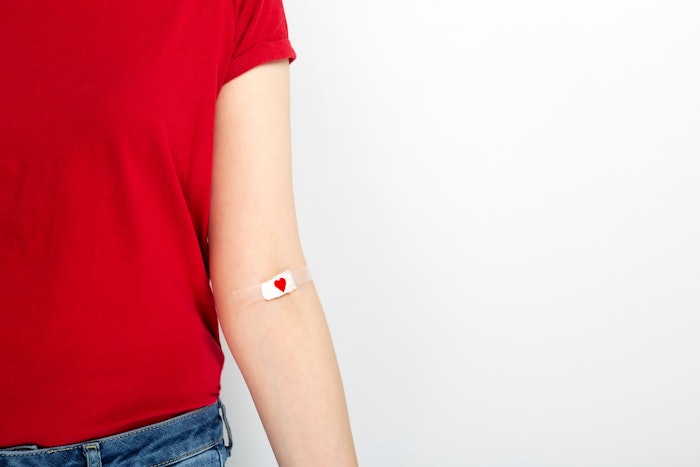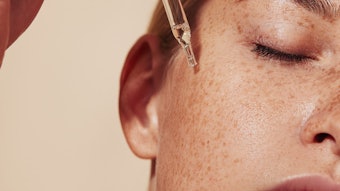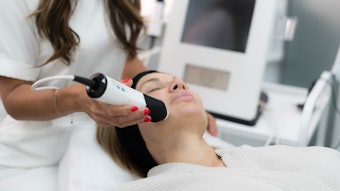
In 2023, tech entrepreneur Bryan Johnson made headlines and set off social media chatter for enlisting his then-17-year-old son for a plasma exchange intended to reverse aging. New research from Biersdorf points to why that strategy may have efficacy. With a big caveat.
A recently published study in the journal Aging explores how components in young human blood serum can restore youthful properties to skin, but only when bone marrow cells are present.
Using a co-culture system that mimics human circulation, researchers combined a 3D skin model with a 3D bone marrow model.
They discovered that young serum alone cannot rejuvenate skin; instead, it stimulates bone marrow cells to secrete proteins that promote skin regeneration, collagen production and reduce cellular aging.
Key findings include the identification of 55 proteins produced by bone marrow in response to young serum, with seven specifically linked to boosting cell renewal and energy production. This highlights the critical role of bone marrow as a messenger that transforms blood signals into rejuvenating effects on other tissues.
While the findings are preclinical and require further human trials, this research opens doors to new strategies in regenerative medicine and skin care. It points to the potential of targeting specific proteins to develop therapies that slow or reverse age-related changes in skin and other tissues.










